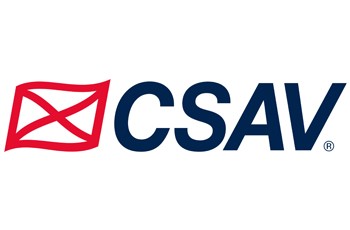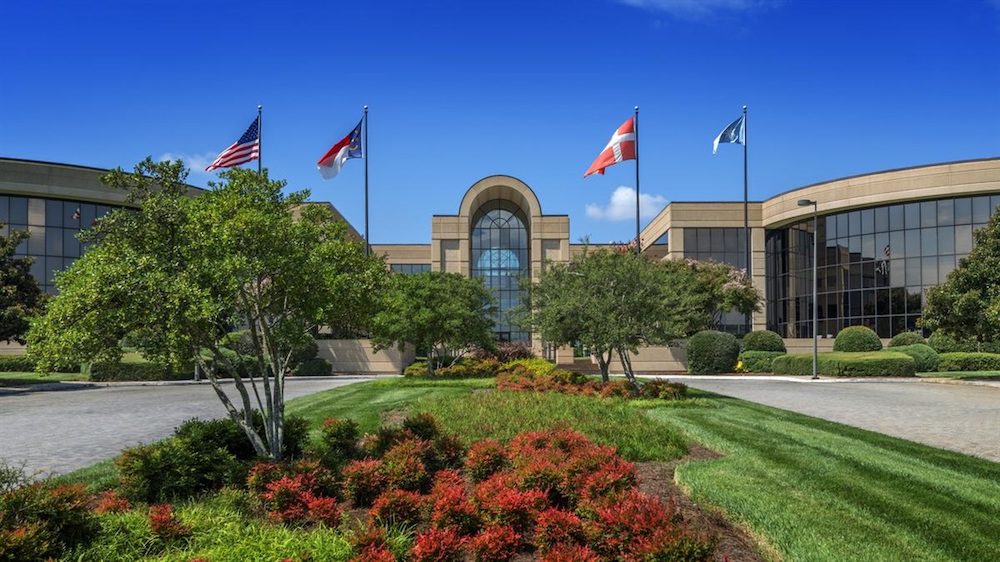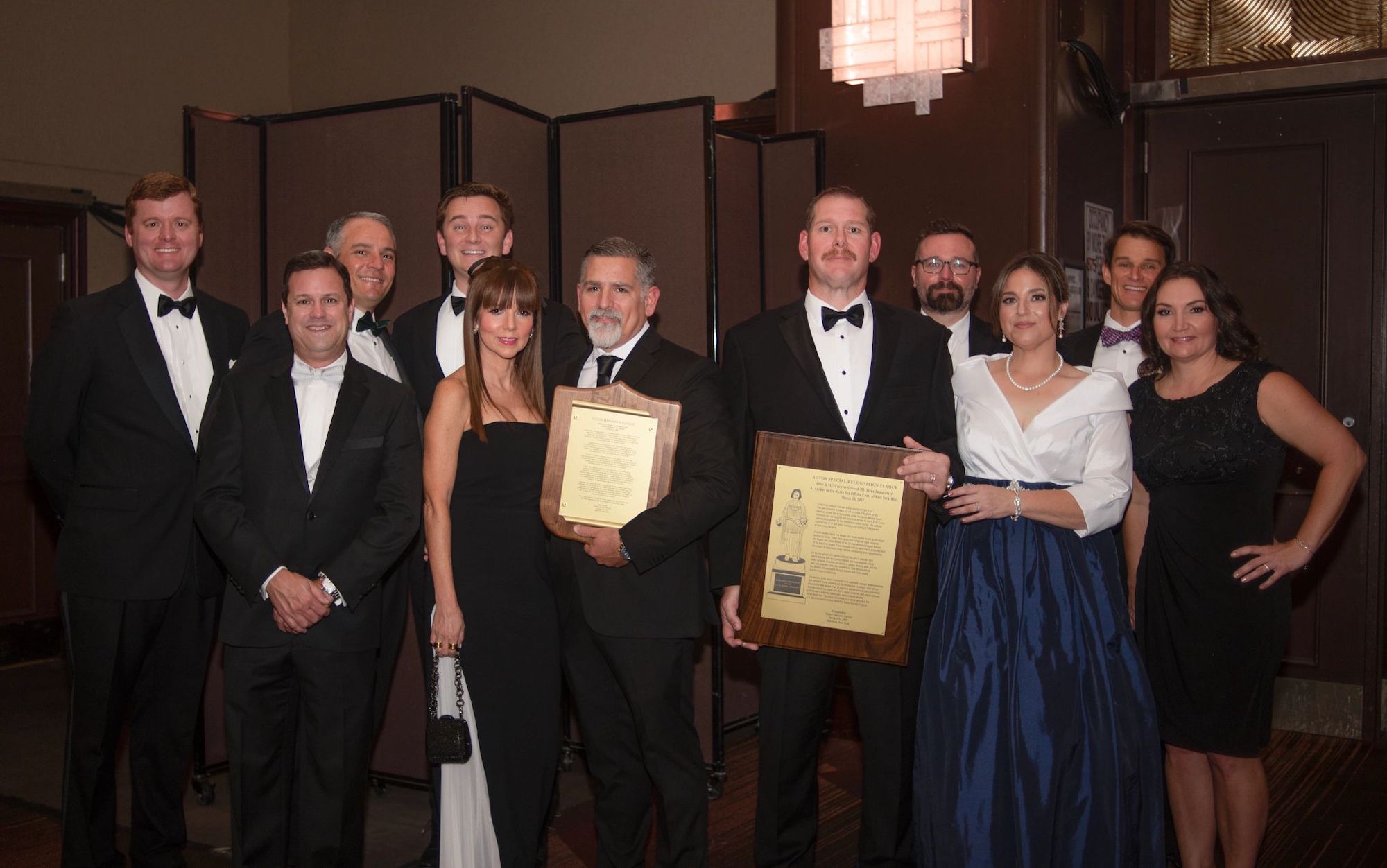 Jan. 23 (Bloomberg) — Chile’s richest family has turned the world’s worst-performing container shipper into a champion by shedding rented vessels and unprofitable trade routes.
Jan. 23 (Bloomberg) — Chile’s richest family has turned the world’s worst-performing container shipper into a champion by shedding rented vessels and unprofitable trade routes.
Cia. Sud Americana de Vapores (CSAV), controlled by the Luksic family, returned 58 percent for investors in the past 12 months, the best among global peers tracked by Bloomberg. The next-best performer, China Shipping Container Lines Co Ltd, returned 46 percent, while the average gain was 16 percent.
CSAV stock tumbled 82 percent in 2011, the worst performer among global peers. The company lost a record $1.25 billion that year amid a ship glut worsened by a worldwide economic slump. The Luksics, whose fortune stems from copper mining, pushed CSAV away from vessel leasing toward purchases and positioned the company to post further gains as global trade rebounds, said Ignacio Spencer, an analyst at Santiago-based brokerage IM Trust SA who started coverage on Jan. 7 with a “buy” rating.
“The company is well positioned now with South American routes that are going to be less affected by the excess capacity in the industry,” Spencer said in a telephone interview. “This area is going to grow more than other parts of the world.”
The industry slump and the availability of cheaper vessels have attracted other billionaires as well. U.S. financier Wilbur Ross bought 11 ships that carry liquefied gases from A.P. Moeller-Maersk A/S through his Navigator Gas unit on Nov. 20 for an undisclosed price. Ross was part of a group that spent $900 million in 2011 to buy 30 oil-product tankers.
Soros Support
Financier George Soros’s family office and other investors backed Norwegian billionaire shipping magnate John Fredriksen in May 2012 as he shifted 11 of his best ships and $666 million in debt into a new firm, Frontline 2012 Ltd., to rescue his shipping empire.
The Luksic patriarch, Andronico, who died in 2005, built up the family fortune by buying up copper deposits and a loss- making railroad in the Atacama Desert in 1980 and turning them into London-based copper mining company Antofagasta Plc, which had $6.08 billion in revenue in 2011. The Luksic family now controls Banco de Chile SA, the country’s largest lender by assets, and Cia. Cervecerias Unidas SA, the biggest brewer.
The Luksics are “optimistic” that the shipping industry will return to profitability once ex-bunker tariffs, or freight tariffs excluding fuel costs, return to historical levels, CSAV Chairman Guillermo Luksic wrote in the company’s 2011 annual report. A public relations agency representing the family’s investment company, Quinenco SA, didn’t answer calls and e-mails requesting comment on the outlook for CSAV.
Net Income
CSAV, founded in 1872, posted third-quarter net income of $55.78 million, the first positive number since the third quarter of 2010, according to data compiled by Bloomberg. The company has gained 16 percent this year, outperforming Chile’s IPSA Index that has risen 5.4 over the same period. CSAV rose/fell 1.4 percent to 49.82 a share in Santiago yesterday.
“Any improvement in the economic scenario has a big effect on CSAV,” German Guerrero, a director at Santiago brokerage and asset management firm MBI Servicios Financieros, said in a phone interview. “When it makes money, it makes a lot of money.”
Bloomberg Industries’ GL Container Shipping Index, which tracks CSAV’s peers, has risen 12.7 so far this year.
CSAV returned to profit as the Luksics, the world’s 35th richest family according to the Bloomberg Billionaire Index, shed loss-making routes between Africa, Asia and Europe and focused on shipping lanes connecting South America with the world, Lars Jensen, chief executive officer of Copenhagen-based SeaIntel Maritime Analysis, said by telephone from Dubai. Vessel purchases allowed the company to own 40 percent of its fleet in 2012, up from 9 percent in 2011, according to Spencer.
Container Ships
CSAV had become the world’s seventh-largest carrier of container ships by embarking on a global expansion using rented vessels and was caught out by the worldwide economic crisis starting in 2008, he said. After the cuts, it stands about 20th in the rankings.
“All of a sudden they had a huge fleet and everybody was bleeding money and in some trade routes you even saw negative freight rates,” Jensen said. “They are again becoming more of a niche-orientated South American carrier.”
CSAV, based in Valparaiso, Chile, may deliver a profit in 2013 if larger competitors decide against deploying idle vessels to South American routes, he said.
Excess Capacity
Global lines in 2013 will ship the equivalent of 168 million 20-foot containers, an increase of 6.6 percent from 2012, according to London-based Clarkson Plc, the world’s biggest shipbroker.
To be sure, excess capacity and a weak global economy are pressuring liner rates and profits, according to Bloomberg Industries analyst Lee Klaskow in Skillman, New Jersey.
The excess capacity that has hurt the shipping industry has driven price-to-book values below 1.0x to a one-year average of 0.74x, he says.
Benchmarks such as the Drewry Hong Kong-Los Angeles Container Index declined 7.9 percent, and the Shanghai Export Containerized Freight Index fell 13 percent sequentially in the fourth quarter. Time charter rates as measured by the New ConTex Index fell 6.2 percent and are at the lowest levels since April 2010, Klaskow wrote Jan. 14.
40-Foot Box
Rates to ship a full 40-foot box from Shanghai, China’s busiest port, to Rotterdam, Europe’s biggest, have dropped 50 percent from a peak reached in May, according to Drewry Shipping Consultants Ltd.’s World Container Index.
While the International Monetary Fund says world trade will grow 4.5 percent this year, up from 3.2 percent in 2012, that may not be enough to curb the glut of shipping capacity that means most carriers are losing money. The fleet is already the biggest on record and will expand an additional 5 percent in 2013, according to Clarkson.
Quinenco SA, the Santiago-based holding company controlled by the Luksic brothers, carried out a $1 billion capital increase in April 2011 after buying the 10 percent stake in CSAV in March, giving them control of the shipper. It bought an additional 8 percent the next month.
MBI’s Guerrero is betting that a rebound in the world economy will turn in the Luksic family’s favor as they seek to profit from another distressed industry.
“It’s a volatile stock, but if somebody asks me if it would be madness to buy it, I would say, right now it isn’t,” Guerrero said.
– Matt Craze and Eduardo Thomson, Copyright 2013 Bloomberg.

 Join The Club
Join The Club











